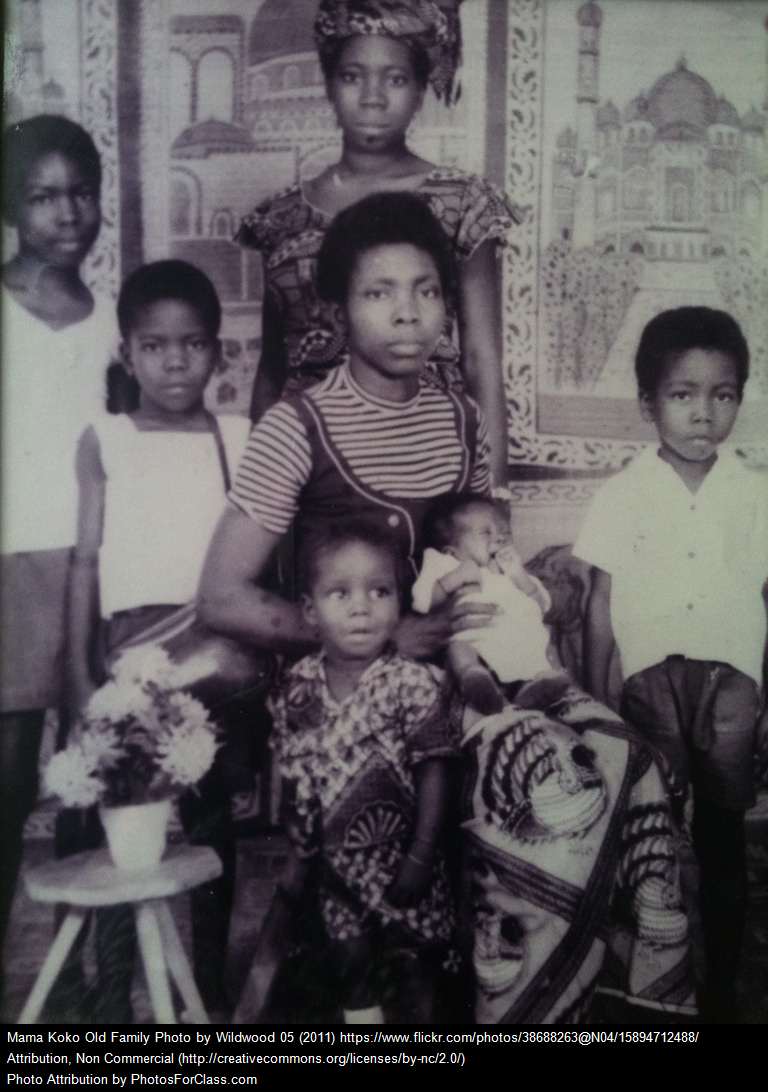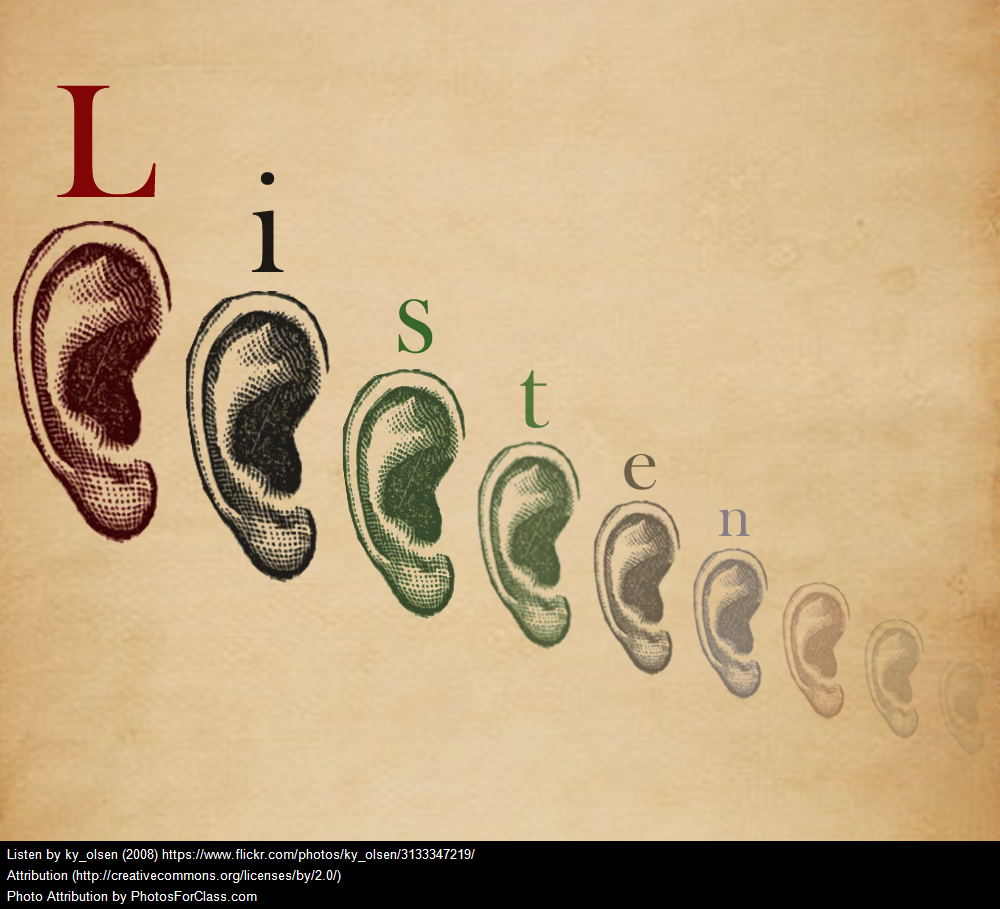2.12 Oral Tradition in Your Family
| Site: | Cowichan Valley School District - Moodle |
| Course: | ELA5, CSS, Sferrazza |
| Book: | 2.12 Oral Tradition in Your Family |
| Printed by: | Guest user |
| Date: | Tuesday, 16 December 2025, 4:13 AM |
Description
Can you...

Learning Targets
By the end of this lesson, you should be able to say YES to the following questions.
- Can I see how the oral tradition helps us understand ourselves and make connections to others and to the world?
- Can I appreciate and enjoy the oral tradition within my family?

Oral Tradition in Your Family
How do we share information with people? How do we express ourselves?
We talk. We tell stories. We sing. We dance. We draw pictures. We act it out.
This has been going on since there have been people on the planet.
An oral tradition is one where stories are passed down from generation to generation...right up to the present day and continuing into the future.
You are integral part of the storytelling tradition. You listen. You learn. You create and share your own stories.
Why Do We Tell Stories?

Adults in your life, from elders to parents, tell you stories so you can succeed in life. They share examples of how to survive and thrive in your environment. They share stories about mistakes and good choices relatives have made in the past to help you overcome troubles today and live a positive and productive life. They share personal and historical stories so you will feel connected to and understand your roots. They also share stories to entertain you and capture your imagination.
Family Stories Assignment
Your job is to find elders in your family and ask them about the stories that were shared with them by their elders. Ask them to tell you about important life lessons they learned when they were your age. Talk to different relatives and see if you can find the oldest stories within your family circle.
Your assignment is to collect two family stories:
- The oldest story remembered
- Your favourite or second favourite of the stories you heard
You must record yourself saying at least one of them. It can be a video or audio recording. For the other stories, it is your choice. You can choose to record your relative telling you the story, you can record yourself retelling the other story or you can write it down. For each story, you will need to write a paragraph explaining your opinion of them. What important things did you learn about your family from these stories? How is this important to you personally? Why was your favourite story your favourite?
Submit your work to the Family Stories Assignment drop box.
Storytelling Tips
Here are some tips for how to tell a good story.
Family Stories Assignment Rubric
Read the rubric below to understand how you will be marked. Prepare accordingly.
|
Expression & Volume |
|
|||||
| Clarity & Enunciation |
|
|||||
| Pacing |
|
|||||
| Knows the Story |
|
|||||
| Content & Explanation |
|
